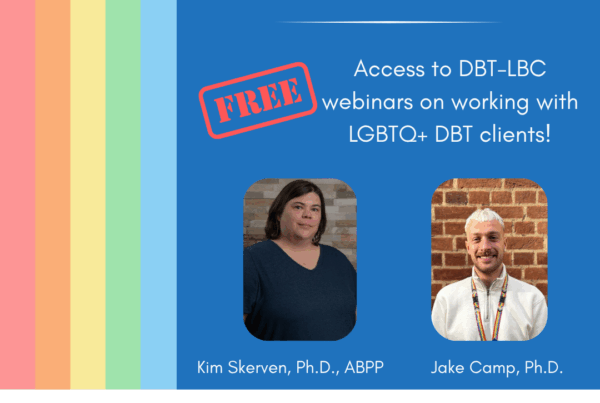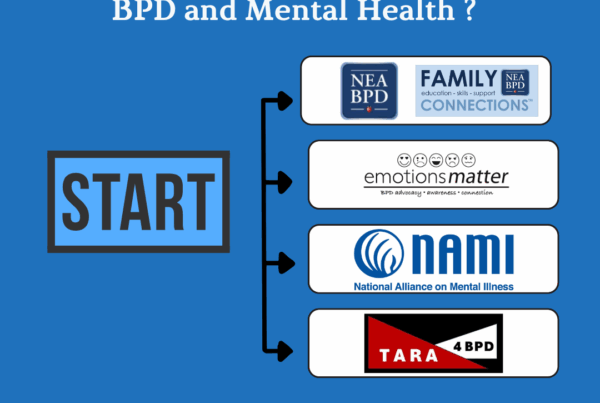As DBT practitioners, we know the research on the effectiveness of DBT outcomes. Delivered to fidelity, DBT treatment remains the number one evidence-based intervention for treating Borderline Personality Disorder symptoms. Still, what about those clients that don’t show improvement with the comprehensive model?
An observational study (Salamin, Virginie & Kratzel, Armin & Gothuey, Isabelle & Guenot, Florence. (2021). Compliant patients with borderline personality disorder non-responsive to one-year dialectical behavior therapy: Outcomes of a second year. Journal of Behavioral and Cognitive Therapy. 31. 10.1016/j.jbct.2021.01.001.) followed 55 clients enrolled in a comprehensive one year DBT program. A review of clinical progress at the 12-month mark found that 43 participants showed clinical improvement, while 12 did not.
While at the study’s onset clients symptoms had no significant clinical differences, the pace of improvement for those who did respond was consistent and substantial. Those 12 non-responders were then followed through another year of DBT treatment. At the 18-month mark, those clients began showing clinical improvements as well. This progress also largely matched the improved functioning noted in the initial responding treatment group.
What might this mean for day-to-day clinical practice? Certainly, more studies are needed to examine controlling variables. Still, we can use this data to inform our thinking while working with those clients who continue to struggle with progress at the one-year mark. Perhaps proposing an additional round of skills training can be framed as a standard treatment option. As DBT clinicians, how might you consider using this information? Please let us know your thoughts via email at [email protected].





